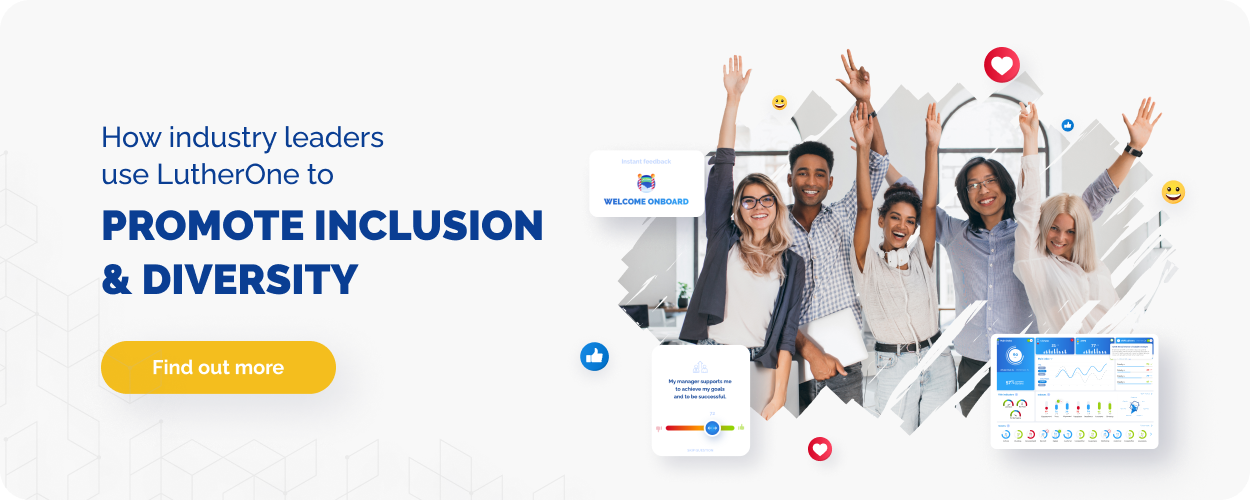EMPLOYEE ENGAGEMENT
Beyond Equality: Embracing Equity for Women in the Workplace

The terms equity and equality are usually used interchangeably in the workplace. But in reality, they have different meanings that are essential to understand, particularly in the context of gender equity and women's empowerment.
Equality means treating and giving everyone the same opportunities and resources, irrespective of differences in background or circumstances (for instance, offering the same job opportunities and salaries to all employees, regardless of gender or race). While this might seem fair, it can often lead to discrepancies in outcomes, as some groups face systemic barriers that prevent them from achieving the same level of success as others.
Conversely, equity recognizes each need, acknowledges their experiences, and seeks to address these differences by allocating the exact resources and support they need to thrive. Through equity, everyone gets what they need (for instance, offering flexible work arrangements, providing mentorship and training programs, and creating diverse and inclusive work environments that celebrate and value differences).
In terms of gender equity in the workplace, the distinction between equality and equity is essential. While equality is a critical starting point, it often fails to address unique challenges and barriers women face, such as bias and discrimination, unequal pay, and a lack of representation in leadership positions.
Equity in the workplace means widening the pool of employees who can grow in a company and can lead to more diverse leadership in the future. Since creating an equitable workplace requires investing in employees, equity can lead to increased employee retention and employee engagement rates. Workers like working for places that feel want to invest in them. For organizations, this can be good for employee retention and employer branding.
By embracing equity, employers can take firm steps to address these challenges and create a workplace that empowers women to reach their full potential. Some strategies are:
1. Address wage equity
Despite some progress over the last few years, racial and gender-based pay gaps persist. Assuring fair and equal pay to women must start from the beginning of the employee experience and maintain during each stage of the cycle. Some ways to achieve this are by conducting regular pay audits and establishing transparent and fair pay structures. This initiative is a critical step toward gender equity in the workplace and building a transparent and fair company culture.
2. Provide more leadership opportunities
Representation matters, and when employees can see equitable representation in the workplace, especially in leadership positions, their trust rises. Every team member should have access to leadership positions according to their capabilities & merit, regardless of their gender, ethnicity, or background; this is essential to build a fair workplace and a healthy and engaged workforce.
3. Foster a diverse and inclusive work culture
A workplace culture that celebrates and values diversity helps to promote a sense of belonging and empowerment among employees. Promoting diversity and inclusion through hiring practices, leadership development, and employee resource groups are a few ways to start. But to foster equity, leaders should take an honest look at their current talent to gain a deeper understanding of workforce demographics and find ways to ensure representation from diverse employees of all ethnicities and genders.

Never miss a LutherOne article or e-Book: SUBSCRIBE
In summary
Companies need to evaluate where are their weaknesses in terms of equity. Leveraging technology by conducting regular employee engagement surveys on equity would help determine where things stand.
Even though we haven't yet concluded the path to gender equity in the workplace, it is essential for building a more just and equitable society. By embracing equity and taking the initiative to address the unique challenges women and small groups face, employers can create workplaces that empower everyone to reach their full potential and contribute to a more inclusive and thriving future for all.
Ready to step-up your employee engagement game too? Reach out today for a free demo.

.png)